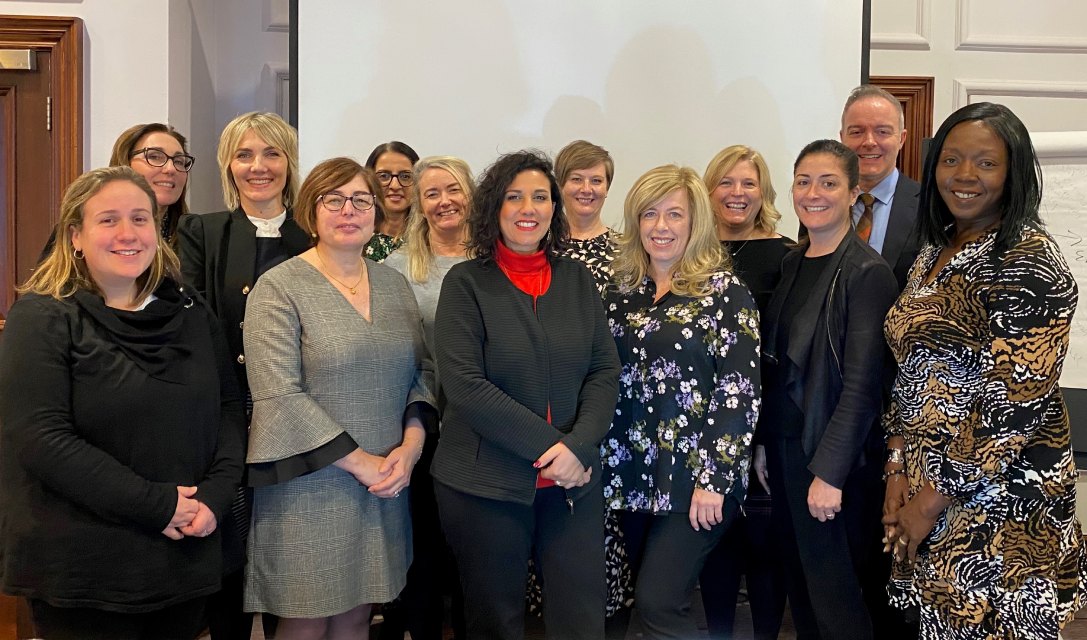Adam Fidler is the founder of Adam Fidler Academy, the UK’s leading provider of education to EAs and PAs. Here he discusses how to tackle career development and why PAs and EAs need to make a career conversation part of their annual goal setting.
If there is one area that EAs and PAs seem to forget when they have their performance appraisal or goal setting meeting with their boss, it’s career development. It’s not necessarily the EA’s fault that the topic never arises; in fact, I think the lack of career planning seems to be endemic in the EA/PA industry.
There’s a long, prevailing view that EAs and PAs don’t need career conversations because their job stays the same, their whole career, and once an EA, always an EA! Many organisations, regrettably, still stick to this traditional narrative that EAs and PAs don’t need a career path, let alone any training or formal development. This is why I often coach EAs on the importance of having a career conversation as part of the annual objective setting, or their formal appraisal.
So, what should a career conversation be?
Simply, there should be time spent between the EA and their boss discussing the career goals of the EA. Before that conversation, however, the EA needs to think about their career aspirations. That means seeing beyond the here and now, and having a desire to progress, earn more money, change companies, get a more senior EA role or even move out of the EA job altogether.
What’s your plan? Where do you really want to be in two to five years’ time?
Think about your vision for the future. What would that look like? Many of the EAs at my Academy want to remain EAs, but are desperate for a more fulfilling job. That can take many forms, but it all starts with knowing, and having, some image of the future you want to move towards. You may want to be an EA forever, but surely you want a better job description, or have a desire to extend the scope of what you do every day?
Being an ambitious EA might mean you want to move up the corporate ladder and even transition into a promoted role. Whatever your thoughts about your future, career development is about using your job now to develop the skills and competencies that will lead to something else. For instance, many EA stake on more project work, or gain a qualification, in order to be able to add wider value in their job or to get that promotion. Some, through career conversations, decide they can be more than an EA, and move on to other support roles, in an area that’s of interest to them.
To get you started with career planning, ask yourself the following questions
What role would I ideally be doing? What would it look like? Where would I be working? Then, create a career road-map, highlighting the activities, tasks and knowledge you can start to learn now to get you there.
One thing is for certain – if you don’t have a career road-map, you’ll carry on drifting. That may suit the PA and EA of yesterday, but the PAs of tomorrow take their career planning seriously… and, if their boss doesn’t, they find a boss who does!
You may also like to read about Adam Fidler’s advice on taking ownership of your career goals.










